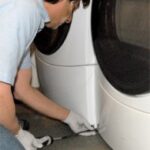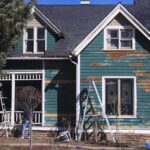If you’re buying a house, this expert advice will help you find a qualified home inspector you can trust.
Because a house is likely to be your highest-ticket purchase, it’s wise to know what you’re getting before you buy a home. How can you be sure it is sound and doesn’t have major problems? The answer is simple: Hire a home inspector to give you a thorough report about its condition.
A home inspector typically costs from $300 to $600, depending upon local rates and the nature of the house. Though this may sound like a lot of money to spend without knowing whether you’ll buy a house for sure, consider the potential cost of owning a house that has serious problems with its structure or systems. A good home inspector can keep you from buying a money pit.
Unfortunately, not all home inspectors are good ones, and a few may be downright unethical. If you hire a home inspector who fails to find serious problems—or worse, finds them but doesn’t disclose them—the house you purchase could end up costing you a fortune in repairs and improvements.
What Does a Home Inspector Do?
A qualified home inspector is the surest way to discover a house’s not-so-obvious problems.
Most professional inspectors are from some type of construction background, such as engineering, architecture, or contracting. Their responsibility is to crawl beneath the floors, squeeze through the attic, and generally comb the house’s structure and mechanical systems for shortcomings.
They give the buyer a complete report; with this, the buyer can decide whether or not the house is a good deal, or at least put together a “punch list” of items that must be fixed (it isn’t unusual for this report to contain about 50 items). The fee for this service generally runs about $500 and up.
You’re usually welcome to accompany the inspector during the inspection; doing so lets you discuss specifics and ask questions about the severity of some concerns. On the other hand, you probably won’t want to crawl under the floors with him or her, so it’s important to get one you can trust.
You can find house inspectors through the telephone directory or by contacting the American Society of Home Inspectors (ASHI) at (800) 743-ASHI or www.ashi.org. Nationally, over 6,000 inspectors are members of this trade organization, which requires a minimum level of experience for membership. You can also go to InspectAmerica Home Inspections for more information about home inspectors or to HomeAdvisor for a searchable database of contractors.
Real estate brokers regularly refer house inspectors to clients, but it’s best to ask a non-partial broker for references. Often the best sources for good house inspectors are friends who’ve recently bought houses and believe that their inspectors were honest, thorough, and highly professional.
Hiring an inspector who is qualified, honest and fair is critically important. Here are five tips to help you hire the right home inspector:
Choose an Inspector Who Is Neutral
Unfortunately, the method that many people use to find a home inspector—asking their real estate agent who to call—can lead to hiring a person who may have an incentive to under-report issues.
A good real estate agent, when shepherding the many activities involved in a homebuyer’s purchase of a home, often recommends an inspector with whom they’ve worked before. This is natural. The purchase deal is usually in play with a 24-hour ticking clock. The buyer needs to get the inspection done quickly or the deal may fall apart.
But here’s the problem: If you hire an inspector who relies upon your real estate agent’s referrals for regular business, the inspector might play-down or overlook some issues in order to help your agent close the deal—otherwise they might not get called next time. This isn’t to say that the inspector may let major issues slide—they’d be crazy to risk getting sued by you. But their report might be a little soft. You need just the opposite—for them to be brutal. You should know everything that isn’t right with the house because you may end up paying to fix all of those problems in the future.
Find a Home Inspector Who Is Certified
Hire someone who is a certified member of a trade association, such as the American Society of Home Inspectors (ASHI) or the International Association of Certified Home Inspectors (interNACHI). Being a certified member of one of these means the inspector is serious about his or her business, has gone through a testing and certification process, stays up-to-date with continuing education and adheres to a code of standards.
These organizations are happy to help you find local inspectors who are among their membership. On the organizations’ Web sites, they offer geographical search functions.
When vetting your prospects, you can also check online review sites, such as Yelp, Angie’s List and Google for customer reviews.
Pay Attention to Qualifications
Being dubbed a “home inspector” doesn’t mean a person is qualified to be one. The experience needed to call oneself a home inspector varies from one state to the next—in fact, some states don’t require any background or training at all.
When calling a potential candidate, ask what his or her qualifying background is. How long have they been doing full-time inspection work? How many houses have they inspected? If they claim to have a certification or license, ask them to bring a copy when you meet.
Deep knowledge about house structure, plumbing, electrical, drainage and more is critical to an inspector’s ability to find problems. Candidates with strong experience in the home trades, such as former general contractors, are typically the most qualified.
Understand the Actual Cost
Negotiate a fee and be clear about exactly what will and won’t be included in this fee. A home inspector should go into every part of the house and garage where there is reasonable access, including the basement, crawlspace and attic. He or she should check the electrical and plumbing systems, evaluate the structure including the foundation and framing, inspect the roofing and siding, search for defects and hazards and much more.
Eventually, you may need to hire additional experts for reports on mold, termites, radon, asbestos, lead-based paints or septic systems because most home inspectors don’t include these inspections as part of their service. Be sure a list that details exactly what will or won’t be inspected is articulated in the contract.
Request a sample inspection report. It should be well organized and easy to understand. It should point out problems, explain why these issues are problems and suggest necessary repairs. Most reports don’t offer cost estimates for repairs.
Be aware that an inspection is intended to report the condition of a house on the day that it is inspected. It points out issues that could impact the value of the property or present a significant risk. It is not intended to tell you how long parts of a house will last.
Ask how soon you will receive the report following the inspection: within 24 hours is typical.
Check Insurance Coverage
Your inspector should have general liability (GL) insurance that covers bodily injury and property damage, including any damage that may be caused during an inspection. In addition, an inspector should have errors and omissions (E&O) insurance that pays for losses incurred if he or she fails to report serious issues, as well as coverage for bodily injury or property damage that could occur because of an error or omission. Ask for a copy of the inspector’s insurance.
Final Thoughts
Plan to be present during the inspection so nothing is overlooked or skipped and so the inspector can clarify issues with you.
You should receive the inspector’s report within the agreed-upon time. Based upon the findings of this report, you can discuss with your real estate agent whether to modify your purchase offer based upon the extent of work that would be required to make the house safe and sound.
NEXT SEE: Home Inspection Checklist: 10 Things to Inspect Yourself
The above content, by Don Vandervort, originally appeared at USNews.com
Bonus: Self-Inspection Checklist
If you decide not to go to the expense of hiring a house inspector, here is a simple home inspection checklist of ten things you should check yourself.
Even new homes may have hidden problems. Here is a home inspection checklist offering clues for determining a house’s overall quality.
Home Inspection Checklist
1 The structure. From a reasonably distant vantage point, look at the house. Do the walls appear to be plumb and flat? From inside, are any walls bowed or not square at corners? When you jump in the middle of the living room floor, does it flex or feel solid?
2 Water control. Does the ground slope away from the base of the house? Will gutters, downspouts, and drainage pipes carry excess water away from the house…or into the basement? Is there any evidence of water damage?
3 The roof. Is the roof new and in good shape? Does it look neat and properly applied?
4 Details. Do you see distinct signs of quality workmanship in the finishing details, such as moldings, tile work, hardware, and paint?
5 Kitchen & bath fixtures. Are sinks, toilets, and tubs quality fixtures? Do they work properly? Is the water pressure good when you turn on the faucets and flush the toilet?
6 Electrical system. Are the number and locations of receptacles adequate to the needs of the house? Is the main circuit breaker marked at least “100 amps?”
7 Water heater, plumbing. Is the water heater gas or electric (gas is much more efficient)? Water-supply pipes from the water heater to fixtures should be copper.
8 Heating. Where is the furnace or heater located and what type is it? Are any rooms not heated? Do registers look adequate for heating the spaces? Is the house air-conditioned?
9 Insulation. Look in the attic for insulation; R-19 (6 inches of fiberglass, for example) is a minimum in moderate climates; up to R-38 (12 inches of fiberglass) is required in cold climates. Remove a receptacle cover on a perimeter wall to check for wall insulation.
10 Fireplaces. Do they have screens or glass doors (doors are more efficient)? What about dampers and log lighters? Is there a combustion vent that draws air from outside and a spark arrestor at the top of the chimney?



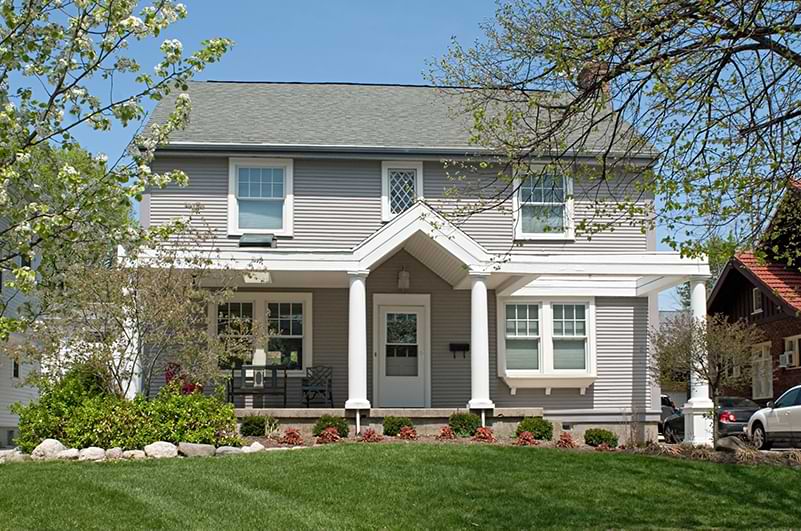
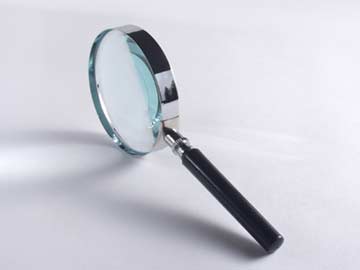


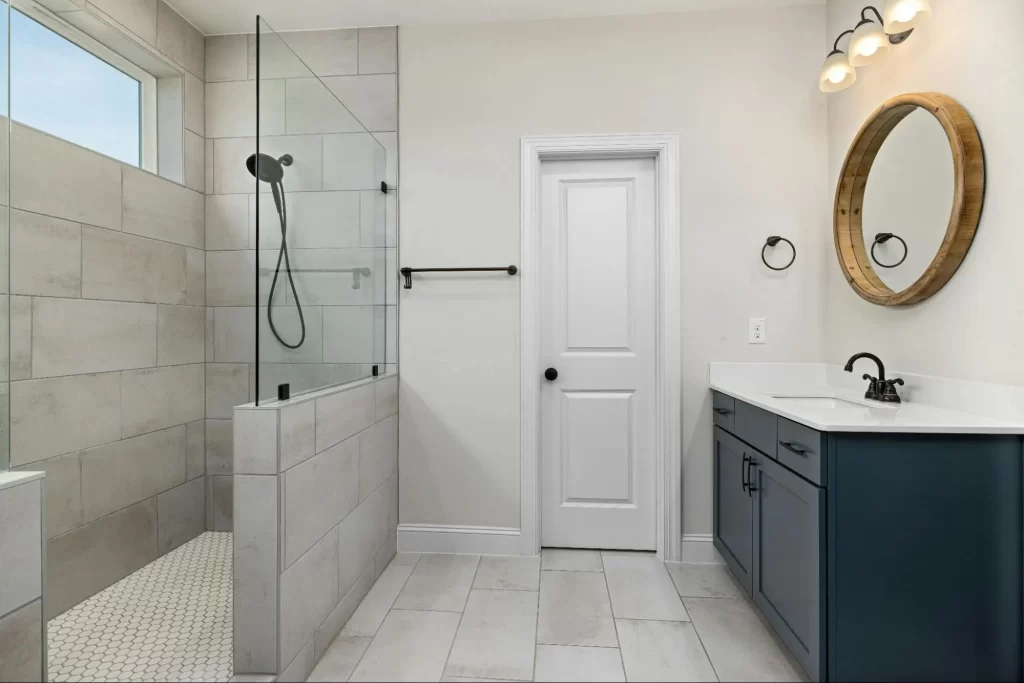

 Don Vandervort writes or edits every article at HomeTips. Don has:
Don Vandervort writes or edits every article at HomeTips. Don has:

